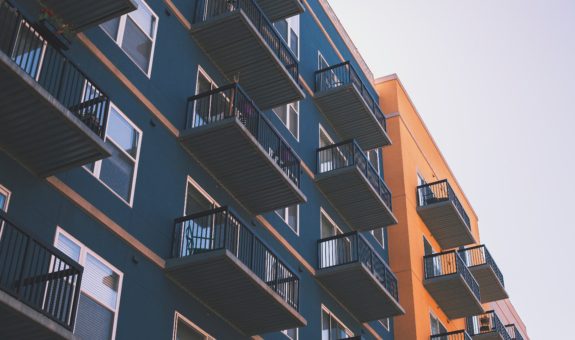Housing
Financial Capability CFEE10.23.18
Moving Out On Your Own
One decision many people face when they leave home is whether to move out on their own or move in with one or more roommates. Both can have their challenges. If you move out on your own, the cost will usually be higher than if you were able to share the cost with others. However, living with others – including friends – can be a challenge. It is usually a good idea to establish house rules at the outset to be prepared for any issues that might arise. For example, you may find that you have differences in terms of work/study habits, or neatness/cleanliness, or how things are organized, or eating or drinking habits and personal values when it comes to things
like smoking drugs, etc., or how visiting friends behave, and so on.
It is best to think ahead and have a plan for dealing with differences or disputes. Now, what about the costs of moving out? Let’s assume you will rent first. Not many young people can afford to buy right away.
Renter’s Checklist
Decide whether you will look for furnished or unfurnished accommodation. Do you have furniture? How about your roommate(s) if you choose to live with others?
- Decide whether you will look for furnished or unfurnished accommodation. Do you have furniture? How about your roommate(s) if you choose to live with others?
- Are utilities (oil/gas/electricity/water/cable/Internet) included in the rent, or do you have to pay?
- How close will you be to school or work? Does the location add to, or save on, transportation costs? Will it be important to you to live in a certain area?
- If you are moving out to go to school, do you want to live on campus or off? If on, can you get into residence? If off, can you afford it? Does it cost more or less than school residences?
- What services are provided by the landlord? What are your responsibilities?
- If you have a car, is parking available? If so, do you have to pay extra for it? If not, is parking available nearby?
- What is the neighbourhood like? Safe? Attractive? One you will be happy living in?
- What are the neighbours like? Quiet? Noisy? Friendly? Does that matter to you?
- Check things such as the plumbing, wiring, and appliances. They can become very important to you once you move in. Besides, you also want to ensure that they are safe and reliable.
- Is there any storage space available if you need it? Does it cost extra?
- Check to see what access your landlord has to your place. Usually a landlord can only enter for an emergency or after giving you prior notice of 24 hours.
- Check the security of the property. Are you vulnerable to break-ins – or theft?
- How much notice do you have to give before leaving if you have to move for some reason?
- Be prepared to pay the first and last month’s rent. This is a common practice. The landlord holds the last month’s rent as protection. However, you should be paid interest on that money.
- You may also have to pay a security deposit when you move in to cover any possible damage at the time you move out. If there is no damage, and no repairs that the landlord has to pay for, you should get this deposit back when you move out.
- Consider getting insurance to cover any damage that might occur – for example a fire in the apartment you are renting. Renter’s insurance is available if you think it is right for you.




